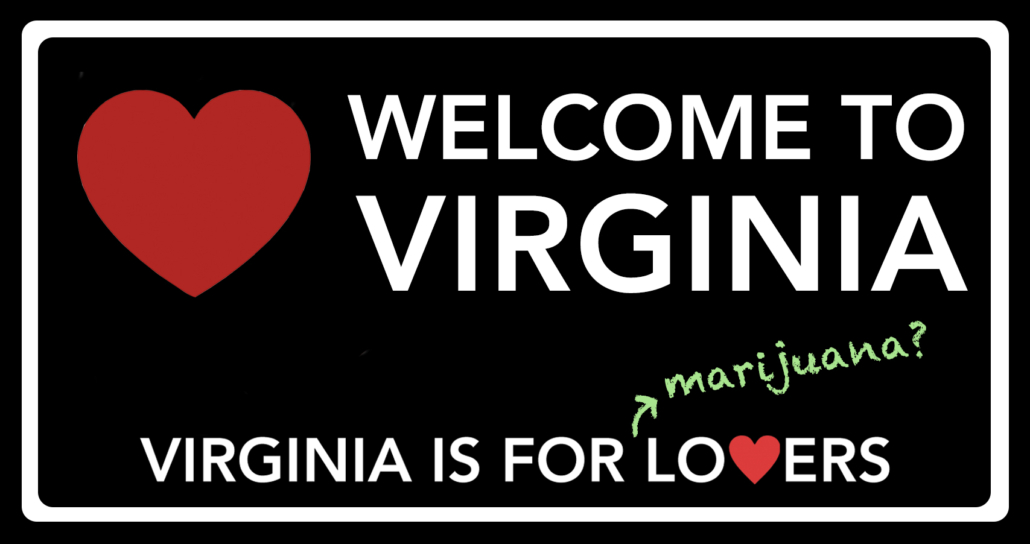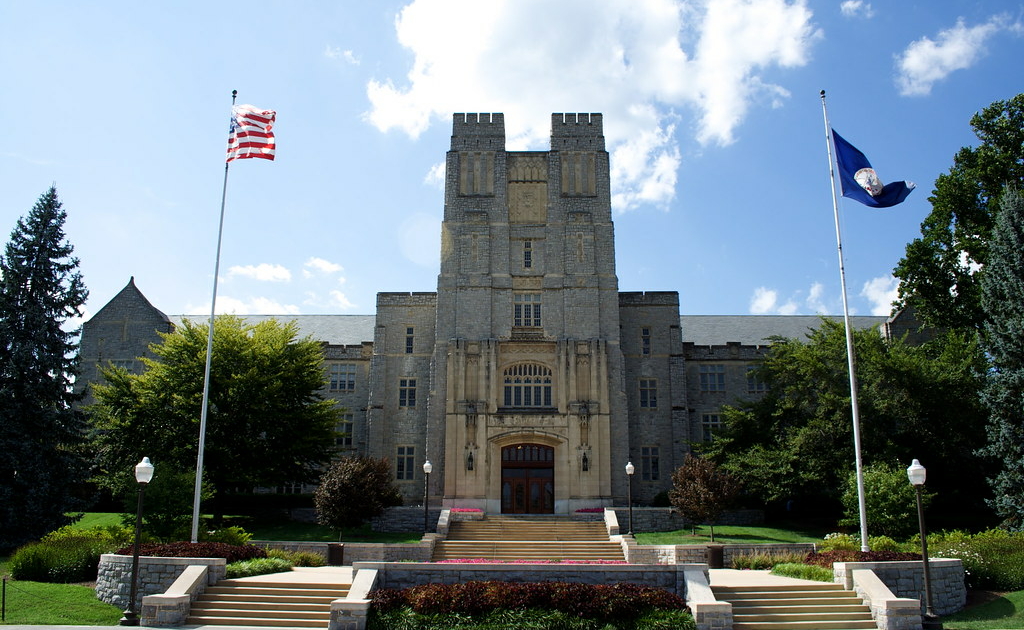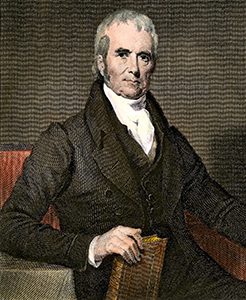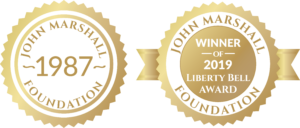Pop Civ 14: Marijuana in Virginia
Introduction
On July 1, personal possession of marijuana in the Commonwealth of Virginia became legal. Only a year earlier, the Virginia General Assembly voted to decriminalize marijuana; the 2021 law was to be a step towards changing the way Virginians could consume and purchase the controlled substance. As is the case with many new laws, implementation has been accompanied by questions and confusion from the public. What, exactly, would now be legal? How would regulations be enforced?
Cannabis in the Commonwealth
In 1979, Virginia decided that it would allow patients with certain conditions, including glaucoma and cancer, to use marijuana medically. But in practice, patients weren’t actually able to access the drug. The law stipulated that the marijuana must be prescribed for the patient by their physician, but physicians were prohibited from prescribing Schedule 1 drugs which marijuana was considered at the time.
Decriminalization attempts began in earnest in Virginia in 2015, when two separate bills were introduced to the General Assembly. Senate Bill 686 called for the decriminalization of marijuana, and specifically for the $500 fine for simple possession to be reduced to a maximum $100 civil penalty. The Bill also sought to eliminate the 30-day jail sentence for simple possession, and asked that cultivation for personal use be allowed. Senate Bill 1444 called for the revision of the “smoke a joint, lose your license” provision imposed as a result of the 1990 federal Solomon–Lautenberg amendment, and recommended that that provision apply only to individuals over the age of 18. Ultimately, both bills failed.
The path toward the eventual decriminalization did gain momentum that year with the 2015 Affirmative Defense Law that permitted access to CBD and THC oils for individuals with severe epilepsy. Building on that law, 2018 saw legislation that allowed physicians to recommend medical cannabis to patients they believed would benefit from its use. In 2017, the loss of driving privileges for those who were found with cannabis was made optional, rather than mandatory.
In the 2019 statewide elections, Virginian Democrats won control of both houses of the General Assembly, and there was pressure from both within Virginia Governor Ralph Northam’s administration and among the general public to push forward with the decriminalization of marijuana. That same year, legislation allowing nurses and physician’s assistants to issue written certifications for medical marijuana use was passed.
In early 2020, the Virginia House voted 60-34 on a bill to decriminalize the personal possession of cannabis, followed shortly thereafter by the Senate, which voted 27-13 in favor of its own bill with similar scope. Both bills determined that there should no longer be any criminal punishment, including jail time, for simple possession of marijuana; instead, the matter would be treated as a civil issue. Anyone carrying one ounce or less of cannabis would be subject to a $25 civil fine. Governor Northam signed House Bill 972 on May 21, 2020, officially decriminalizing personal marijuana use effective July 1, 2020.
Shortly after the passage of this legislation, a group of four representatives from the Governor’s Cabinet were tasked with conducting outreach to members of the community, medical experts, and policy specialists to deliver a report on the feasibility of legalizing personal, recreational marijuana use in the Commonwealth. The body found that the costs associated with regulating cannabis for personal use would be lower than the revenue its sales generated, and predicted that future retail sales of marijuana could help offset the remaining costs associated with implementing legalization across Virginia.
Following that group’s report, delivered in November of 2020, the Northam administration announced its support for legislation to legalize personal marijuana use. In early 2021, Senate Bill 1406 and House Bill 2312 passed their respective houses of the General Assembly, establishing the framework for the regulation of retail marijuana production, and legalizing its use and personal cultivation. In those bills, the two bodies of the Assembly differed on their timeline for implementation. While the House proposed that retail sales of cannabis be made legal in 2024, the Senate slated July 1, 2021, as the effective date for the legalization of personal marijuana use and cultivation. To reconcile this disparity, the House and Senate reconvened in April to review Governor’s Northam’s recommendation that the two issues could be implemented at different times, with personal use being legalized in 2021, and retail sales to follow three years later.
As of July 1, 2021, Virginians over 21 are permitted to possess one once of marijuana, and each household in the Commonwealth may grow four cannabis plants at home. With three more years until the retail sales portion of the legislation takes effect, questions still remain about how that component of legalization will roll out. There are some suggestions that cannabis will be regulated with methods similar to those used by the Virginia Alcoholic Beverage Control in their management of Commonwealth alcohol sales, but those specifics have yet to be established.
Lastly, organizations focused on social and racial equity are actively working to ensure that the rollout of retail marijuana sales includes the reinvestment of sales into communities adversely affected by older regulations of cannabis, and are interested in the release or resentencing of those incarcerated as a result of simple marijuana possession.
Decriminalization and Legalization
College Campus Marijuana Usage
Virginia Tech University
While colleges have had to contend with the student use of alcohol on their campuses for decades, universities across the Commonwealth have been wrestling with whether or not to permit cannabis use within the same boundaries.
After the July 1 legalization of marijuana, Virginia universities scrambled to evaluate whether their policies regarding the drug’s consumption would need to be updated based on the new legislation. Virginia Tech was the first school to determine that marijuana would still be banned on campus; other state schools including Virginia Commonwealth University and James Madison University are still evaluating whether or not to ban use of the drug.
The question remains whether banning the use of marijuana on campuses violates statewide laws permitting its use in controlled recreational settings. As a result, Virginia schools’ deliberation on the issue has involved looking at precedents set by other universities in states where marijuana has been legalized for some time. In Colorado, for example, recreational use, sale and possession of cannabis was legalized in 2012. But as of 2021, Colorado State University still prohibits on-campus marijuana usage.
Virginia universities are also keenly aware of federal restrictions against marijuana usage, since the drug is still illegal on a federal level. University of Virginia decided to continue its ban of cannabis use on campus, citing their fear of losing federal funding associated with drug use prevention programs. School administrators explained that the decision to ban or allow marijuana usage on campus is more complex than it may appear.










